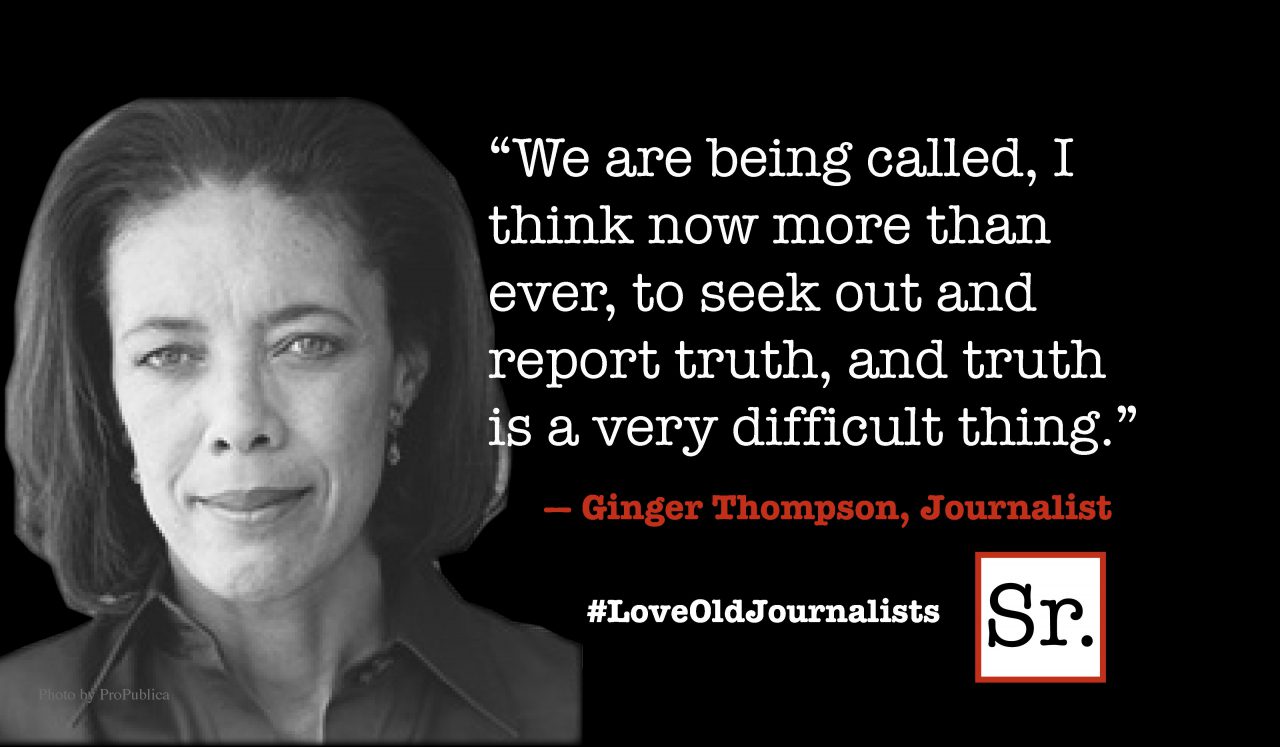The UPS clerk loaded the boxes into his truck yesterday. They will be unpacked at the Hoover Institution in Stanford University and placed delicately into an archive that bears my name — the Suellen Zima Archive. They are deserving of this honor because these hundreds of letters written by my Chinese students over a quarter of a century are not only precious, but also historical. Since my time in China spanned before, during, and after the Tiananmen Square demonstrations, they eloquently and personally speak of the hopes, fears, insecurities, and dreams of the generation that pushed for change, and who then had to keep their balance on the roller coaster ride that put them on.
Along with the letters are my photos of my early years in China, and the letter writers as they looked in and around 1988. A 12 minute DVD shows what I put into the archive, and why. The book I published in 2006, "Memoirs of a Middle-aged Hummingbird," has a place of honor in the archive, as does a digital Chinese translation of the book. Hopefully with more to come from others among the letter writers, one Chinese friend sent me all my letters to him that he had saved.
I made copies of only a few of the letters among the hundreds to keep as personal mementos. What struck me again was how much each letter was like a visit with the person — just the two of us together. Although I couldn't read all the letters beforehand, I did touch each one individually before it went into the carton. As the clerk carried the boxes to his waiting truck, I felt a sudden, swift pang of loss. However, some things are too important to keep to oneself. I am grateful these letters, and mine to them, nurtured our relationships way before computers and cheap phone calls made keeping in touch easier.
I particularly like the fact that I will not know who will read these letters, or how what I and my friends wrote will move researchers to a deeper understanding of the China of those years by those who experienced it. And, the letters preserve for posterity the fast-disappearing art of letter writing.








